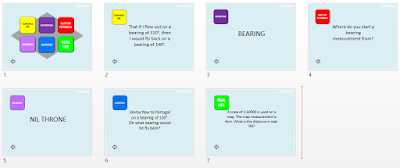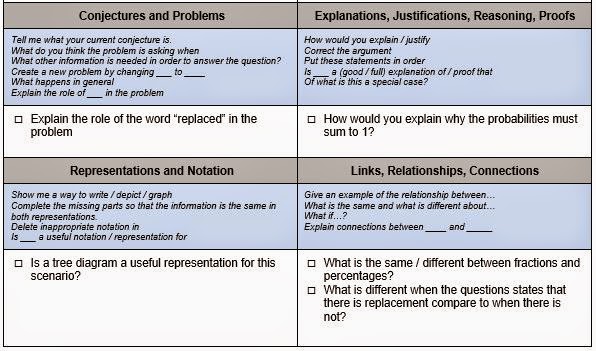Over the past 4 months I have been trialing
Class Dojo with my tutor group with the aim of raising aspirations for positive behaviour within the form.
Students can earn points for meeting the expectations I have of them, e.g. smartly dressed, being silent during the register, helping others, having their planner signed by parents as well as additional points for going above and beyond, e.g.
house spirit for participating in a house competition or assembly,
good news either from home or from other teachers.
I am thrilled with the effect that it is having on the tutor group and that the simplicity of the
competitive nature as I see pupils asking the top scorers how they are achieving so many points is fantastic!
Class Dojo is also being trialled by other members of staff in my school, and we compiled this list of strategies that we have found to be effective.
Strategies that have Worked Well
- extra point for everyone if they all remember books
- 10 points = a merit
- give prefects app access in tutor time (can limit what they can do)
- show whole class pie chart for a lesson to show positives and negatives
- class total found through reports => whole class
- refresh every half term to avoid a large gap appearing




























